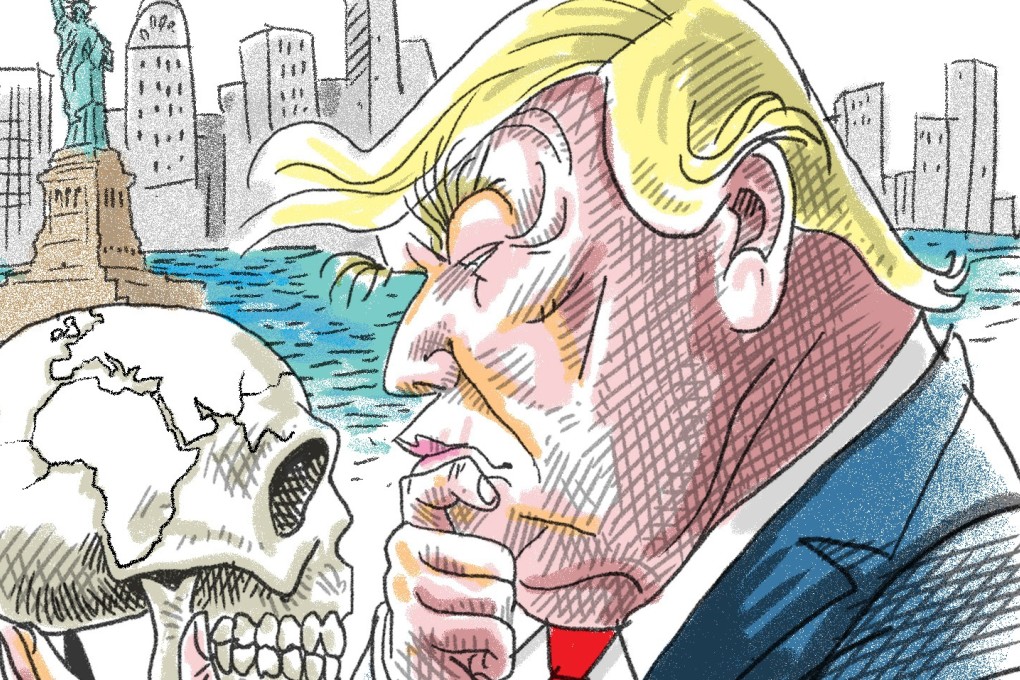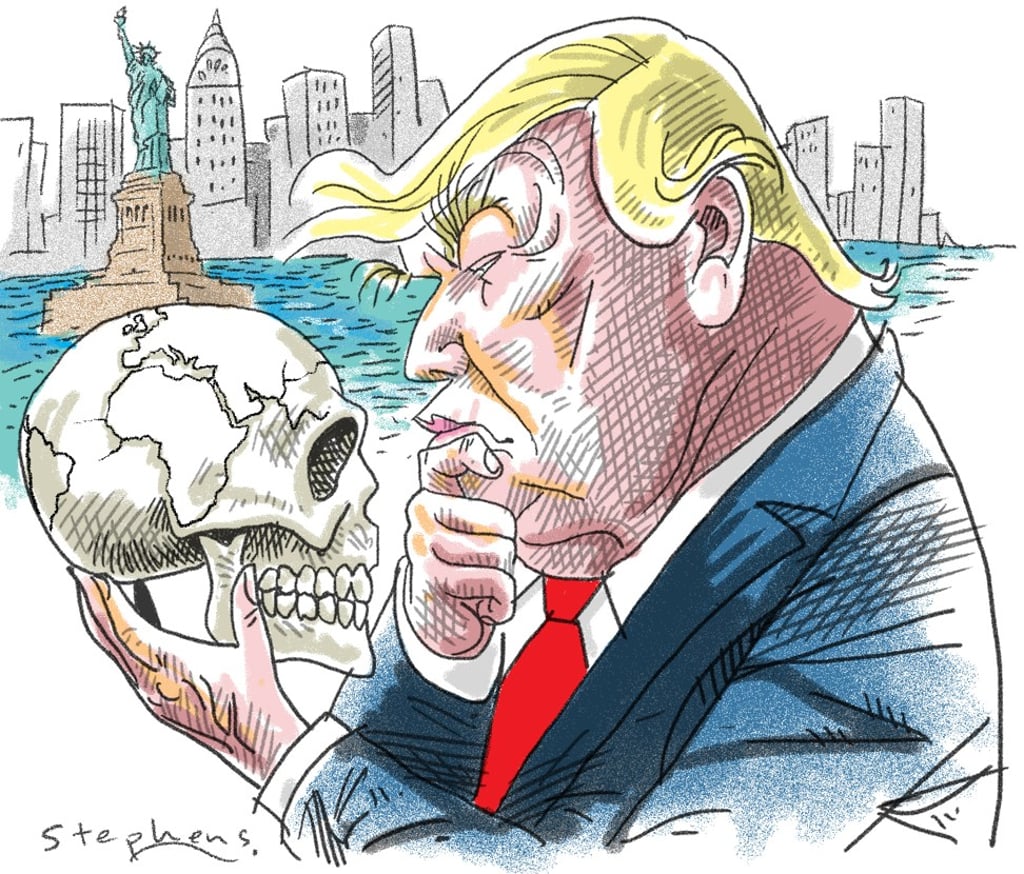Trump’s world view ensures America will never be ‘first’
Louis René Beres says Donald Trump’s lamentable failure to recognise the mutual interdependence of American and global survival makes US foreign policy a hazard to the world


Taking a narrow “America First” stance on terrorism ignores the intersecting nature of major terrorist groups, quickly leading to unstable situations. For example, Trump’s needlessly announced preference for certain Sunni dictatorships over Shia dictatorships, or for selected Sunni dictatorships like Saudi Arabia over other Sunnis like Qatar, introduces more instability in the Middle East. If US foreign policy were conceptualised, originally, from a broadly system-wide perspective rather than from a self-defeating stance of “America First”, Washington could establish a single plausible criterion of support and intervention. Such an unwavering standard would benefit the US and its allies, while simultaneously countering the core strategic interests of relevant adversaries.
Syria and North Korea crises show Donald Trump at his bumbling worst

The president and his counsellors must cope with such intersecting perils that require far more than “common sense”. Many might ask: what would a more thoughtful American foreign policy actually look like? Answers depend on a myriad of individual human needs and expectations.
Far too many often take delight in observing the sufferings of others
Determinative factors include “aloneness”, not fully belonging to a specific tribe, nation or faith, and the primal human fear of simply “not being”. Individual fear of death can contribute to collective violence, yet the insight also reveals an overlooked opportunity for widening human empathy.